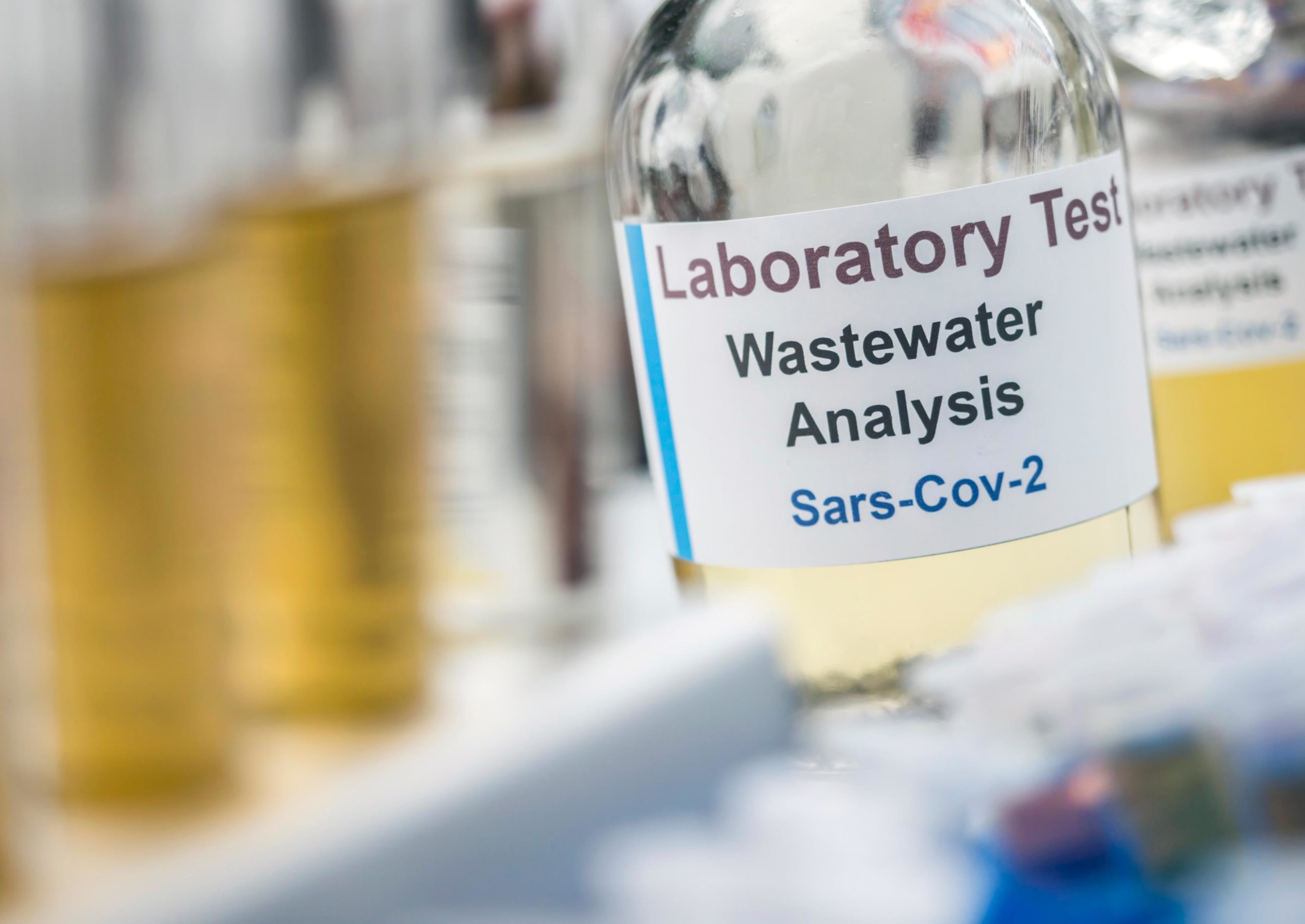Studying Wastewater to Prevent COVID-19

When considering possible ways to track and prevent COVID-19, the study of sewer water doesn’t pop up in most Americans’ minds. Especially since most see the coronavirus as a respiratory disease. But the sewage strategy, say scientists at the University of Miami, may be just the extra tool needed to help get ahead of the disease’s deadly spread.
“The SARS-CoV-2 virus, known to cause COVID-19, can be found in the feces of individuals who are carriers of the infection,” says Helena M. Solo-Gabriele, Ph.D., Associate Dean for Research in the University of Miami College of Engineering. “This includes those who are both symptomatic or asymptomatic.”
Dr. Solo-Gabriele is an expert in evaluating problems that relate public health to the environment. She says that by routinely testing wastewater for the presence of the virus, scientists have an additional way to help discover outbreaks. More importantly, they can then warn the public in any at-risk geographic area before others get infected.
She is part of a dedicated cross-university team that has been sampling wastewater from the campus’s sewage treatment plant and buildings since early in the pandemic.
Their technique used for performing their analyses is unique and multi-staged.
“Once we have a sample of the water, we concentrate it down to a few microliters,” she says. “The procedure used is not straightforward, as there are no standard protocols for concentrating enveloped viruses, such as SARS-CoV-2. The envelope, which is an outer layer that the virus needs to survive, affects the ability to concentrate the samples down. So we are developing new ways to accomplish this.”
Dr. Solo-Gabriele says that these concentrates are then provided to laboratories at Weill Cornell Medicine in New York City and the UM’s Miller School of Medicine (including the Onco-Genomics Shared Resource at Sylvester Comprehensive Cancer Center and the Institute of AIDS and Emerging Infectious Diseases). Both sites then use state-of-the-art techniques to detect the RNA (ribonucleic acid).
How can all this research and tracking help prevent COVID infections?
“Individuals infected by the virus can begin to shed evidence of the virus through waste about a week before symptoms first occur,” says Dr. Solo-Gabriele. “If a noticeable uptick in viral levels is spotted in the wastewater from buildings on one part of the campus, for instance, and not others, that data might be able to serve as an early warning to campus residents and faculty/staff in those areas. They could get tested before even having symptoms. If they test positive, they could be quarantined before infecting others.”
Dr. Solo-Gabriele says that researchers previously tested wastewater to successfully detect the polio virus. Forensic scientists also successfully applied the technique to measure chemicals in sewage for the presence of illicit drugs. Using it for a new virus, when layered with clinical data, offers a more powerful toolbox to attack the pandemic.
The team’s conversations with other universities, such as Stanford and the University of Arizona, also informs their work. By sharing ideas and best practices, it is helping to create a new level of expertise. That benefit can have positive implications for other disease outbreaks down the line.
“Detecting COVID-19 in sewage is not intended to replace clinical testing methods,” says Dr. Solo-Gabriele. “Rather, it can serve as a predictive complement and indicator. What we are working on will provide a whole other dimension to detecting other illnesses in the future. Sometimes an outbreak happens, and no one knows until it’s too late. This is a way to get ahead of the curve.”
John Senall is a contributing writer for UMiami Health News.
Tags: COVID-19, SARS-coV-2, sewage, wastewate
